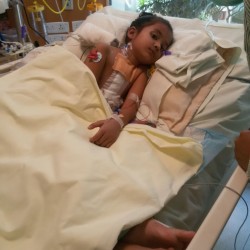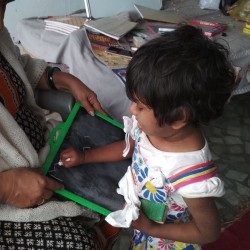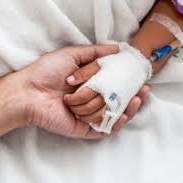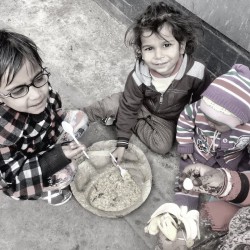Project Financial Aid
India's constitution guarantees free health care for all its citizens. All government hospitals are required to provide free of cost healthcare facilities to the patients. The health care system in India is universal. That being said, there is a great discrepancy in the quality and coverage of medical treatment in India. Healthcare between states and rural and urban areas can be vastly different. The majority of the public healthcare system catering to the rural and remote areas relies on inexperienced and unmotivated interns who are mandated to spend time in public healthcare clinics as part of their curricular requirements. Rural population in search of quality healthcare compiled to come towards urban cities which puts extra burden on government hospital. At present, in each government hospital in Delhi have long waiting queues for surgeries people left with the option of private healthcare providers, although this is an option generally inaccessible to the poor.
According to the United Nations, in India due to absence of quality health care
About 48 out of every 1,000 newborns die before reaching the age of five. It is one of the highest under-five child mortality rates in South Asia (behind Afghanistan at 91 and Pakistan at 81). In terms of numbers, India has the largest share of global under-five deaths at 1.3 million annually.
Dil Se Mehek, with Project Finanacial Aid helps marginalized children to enjoy their constitutional right to quality health care. Under the shadow of the program, the trust provides monetary aid to poor parents to pay hospital bills, surgeries and other medical expenses of their children.



